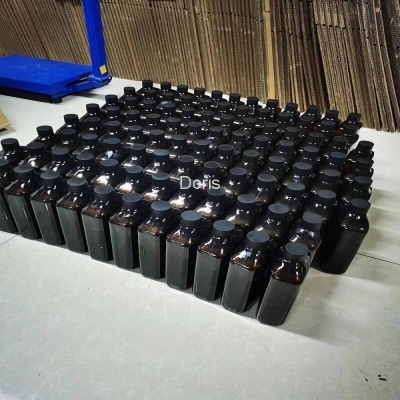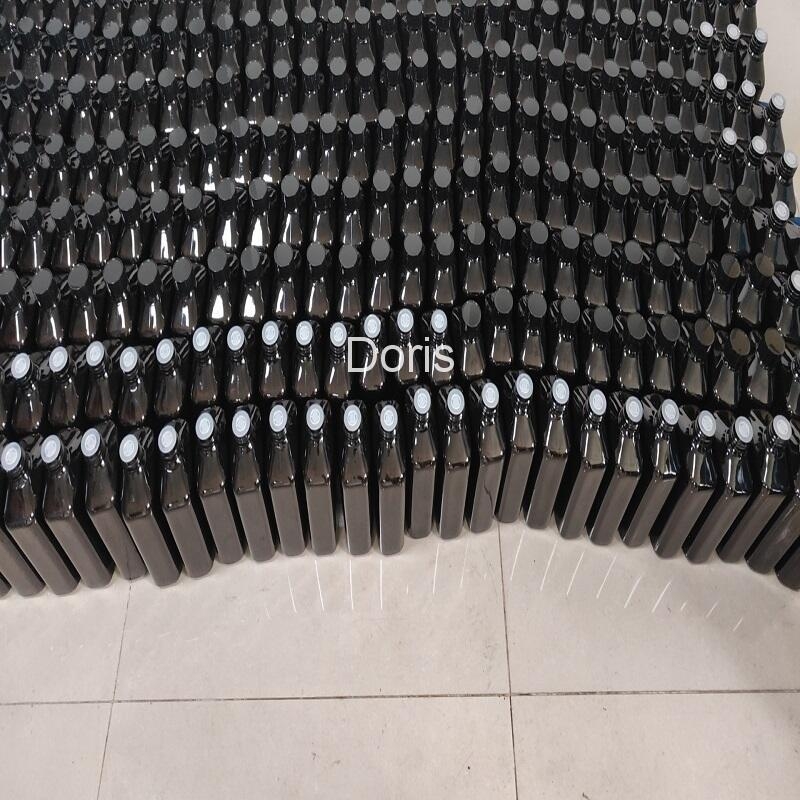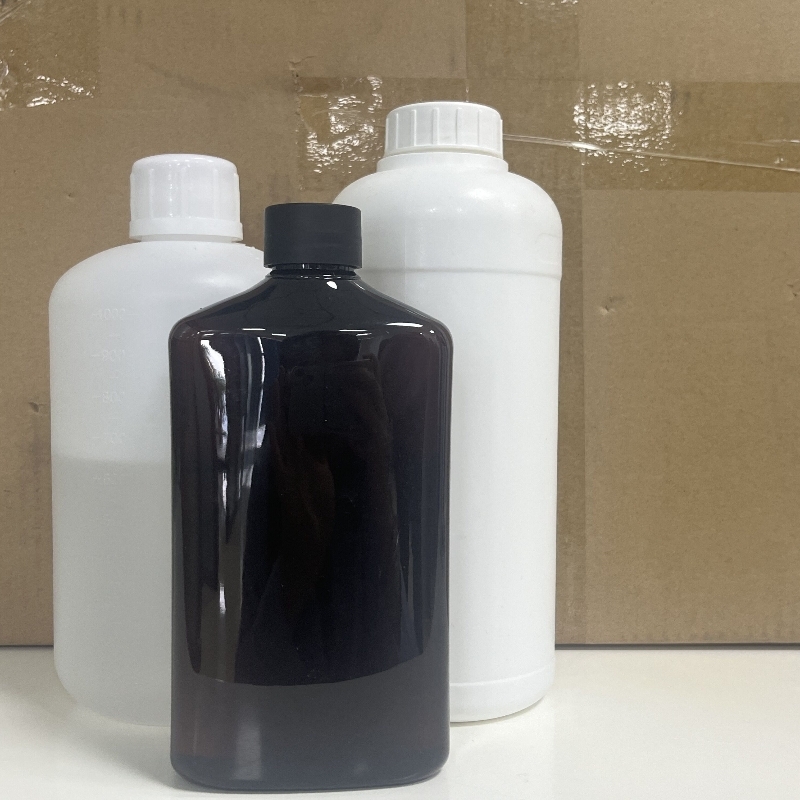-
Categories
-
Pharmaceutical Intermediates
-
Active Pharmaceutical Ingredients
-
Food Additives
- Industrial Coatings
- Agrochemicals
- Dyes and Pigments
- Surfactant
- Flavors and Fragrances
- Chemical Reagents
- Catalyst and Auxiliary
- Natural Products
- Inorganic Chemistry
-
Organic Chemistry
-
Biochemical Engineering
- Analytical Chemistry
- Cosmetic Ingredient
-
Pharmaceutical Intermediates
Promotion
ECHEMI Mall
Wholesale
Weekly Price
Exhibition
News
-
Trade Service
Palliative care second-line and third-line programs: separate MSI-H/dMMR patients, and PD-1 inhibitors (not limited to specific types) as level II recommendations (2A evidence);
The third-line palliative care regimen: new level III recommendation of trifluridine tepipyrimidine (TAS-102) + bevacizumab (class 2B evidence) and cetuximab + irinotecan (previously received cetuximab) Level III recommendation (3 types of evidence) for cilimab treatment)
.
3.
For the treatment of initial unresectable metastatic colon cancer, a new note: "When the metastasis is unresectable, there is still no consensus on whether the asymptomatic primary tumor needs to be resected and the best resection
.
Therefore, it needs to be in a multidisciplinary diagnosis and treatment model ( Individualized decision-making for each case under the framework of MDT) requires careful evaluation of tumor progression rate, estimated survival time, primary tumor location and size, perimeter of the intestinal cavity/intestinal stenosis, willingness and feasibility to accept the whole body quality Multiple factors such as sex are combined to determine whether to remove the primary tumor
.
"
4.
For patients with difficulty in retaining the sphincter, a new program of "intensified concurrent radiotherapy and chemotherapy (capecitabine combined with irinotecan) (re-evaluation) + radical resection of rectal cancer + adjuvant chemotherapy" (level I recommendation) ) (Class 1B evidence)
.
Biliary Tract Tumors
Intrahepatic cholangiocarcinoma is now considered to be an anatomically defined disease entity with two different main subtypes: bold cast type, which is similar to extrahepatic cholangiocarcinoma; small cholangiocarcinoma, which has similar etiology and hepatocellular carcinoma.
Pathogenesis and imaging features
.
The CSCO guidelines for diagnosis and treatment of malignant tumors of the biliary tract in 2021 mainly focus on radiotherapy and systemic treatment
.
Radiotherapy update point
1.
Postoperative adjuvant radiotherapy is finally approved
For intrahepatic and extrahepatic bile duct malignant tumors with positive margins after surgery (R2 resection), postoperative adjuvant radiotherapy is recommended
.
(Recommended by Level I Experts, Type 2A Evidence)
For intrahepatic and extrahepatic bile duct malignant tumors with N+ (lymph node positive) after R0, postoperative adjuvant radiotherapy is recommended
.
(Recommended by Level II Experts, Type 2A Evidence)
2.
Stereotactic body radiotherapy (SBRT) emerges in palliative radiotherapy
For inoperable but more limited intrahepatic cholangiocarcinoma, SBRT can be considered
.
(Recommended by Level II Experts, Type 2A Evidence)
System treatment update point
1.
Late second-line treatment adds another treatment option
The second-line treatment of advanced cholangiocarcinoma increases BRAF V600E mutant tumors, recommend dabrafenib + trametinib
.
(Recommended by Level II Experts, Type 2A Evidence)
2.
The first successful targeted therapy drug among biliary tumors
Ivosidenib (AG-120) is recommended for treated patients with intrahepatic cholangiocarcinoma who carry an isocitrate dehydrogenase (IDH1) mutation inhibitor
.
(Recommended by Level III experts, Type 1A evidence)
3.
New dawn of targeted therapy for biliary malignant tumors
Fibroblast growth factor receptor 2 (FGFR2) gene fusion/rearrangement is recommended for TBC patients treated with pemigatinib or Infigratinib (BGJ389)
.
(Recommended by Level III experts, Type 2A evidence)
4.
The effectiveness of targeted combined immunization research remains to be further explored
Lenvatinib + Pembrolizumab is used in the second-line treatment of cholangiocarcinoma
.
(Recommended by Level III experts, Type 2B evidence)
5.
New options for first-line treatment
GEMOX+lenvatinib+teriprolizumab is the first-line treatment of advanced biliary malignant tumors
.
(Recommended by Level III experts, Type 2B evidence)
The above are the updated points of gastric cancer , colorectal cancer, and biliary tract tumors.
With the deepening of understanding of digestive system tumors, their treatment methods have become more diverse and perfect
.
Under the precision treatment concept, cancer patients have more and better drugs to choose from, including a series of drug combinations such as targeting, immunity, and anti-angiogenesis.
New drugs and new research may bring more benefits to patients.
Exciting good news
.
Reference source:
"2021 CSCO Guidelines for Diagnosis and Treatment of Gastric Cancer"
"2021 CSCO Colorectal Cancer Diagnosis and Treatment Guidelines"
"2021 CSCO Guidelines for Diagnosis and Treatment of Biliary Tract Tumors"







